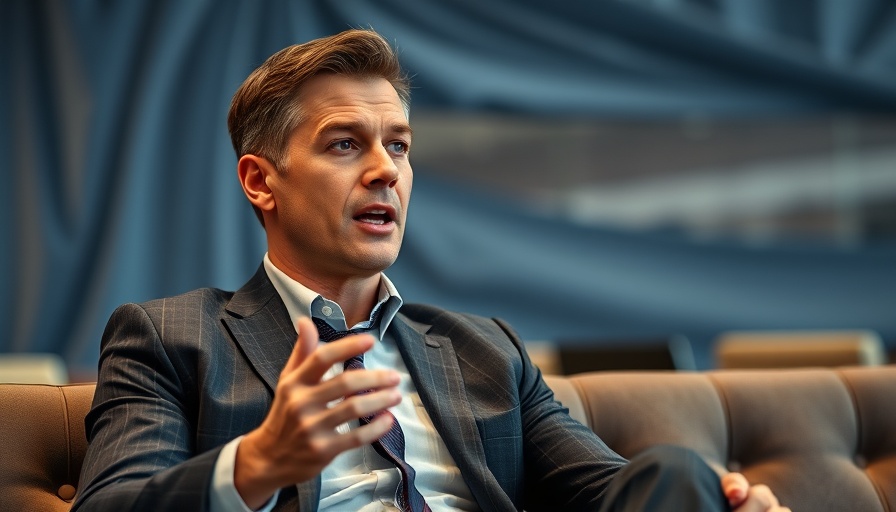
Why the Dating App Landscape Needs to Evolve
In recent years, dating apps have revolutionized romance, transforming traditional courtship through digital means. Yet, amidst the convenience of swiping, many users express frustration over the inherent "numbers game" these platforms have become. Spencer Rascoff, CEO of Match Group, has taken a proactive approach to address these sentiments, inviting employee feedback to revamp both Tinder and Hinge. This engagement initiative highlights a crucial effort to prioritize user experience over mere matchmaking metrics.
Understanding User Frustrations: What are Customers Saying?
Leveraging insights from customer feedback analysis, we uncover key criticisms focused on the user interface and experience of major platforms like Tinder, Bumble, and Hinge. Many users report feelings of disillusionment with the superficial nature of swiping, expressing concerns over fake profiles and ineffective algorithms. Reports indicate that nearly 28% of users are unhappy with high subscription costs, which do not guarantee desirable matches. This discontent raises questions about whether current dating apps truly meet users' needs for genuine connection and satisfaction.
The Importance of Genuine User Engagement
Engaging users meaningfully can enhance connection quality, making the experience more enjoyable and relatable. User-centered design, akin to strategies highlighted by Gapsy, emphasizes the significance of intuitive features and attractive aesthetics to foster trust and engagement. An improved design that prioritizes clarity could facilitate user navigation and overall satisfaction, effectively transforming the app landscape into one that emphasizes relationships over transactions.
Future Directions: A Call for Agile Innovation
As organizations adapt to user feedback, the need for regular improvements becomes apparent. Applying Agile methodologies, like responsive iterations based on user insights, can propel dating apps toward more tailored and satisfactory experiences. With ongoing advancements in AI, these platforms can harness data to develop better matching algorithms, thus addressing user frustrations with quality and relevance in connections.
Conclusion: Reimagining Dating Apps
Rascoff’s initiative at Match Group serves as a crucial reminder that the voices of employees—and by extension, users—are vital in shaping corporate strategies. For dating apps to thrive, they must evolve beyond their present frameworks, adopting a user-focused mentality that not only enhances profitability but, more importantly, enriches people's lives through authentic human connection.
 Add Row
Add Row  Add
Add 



Write A Comment